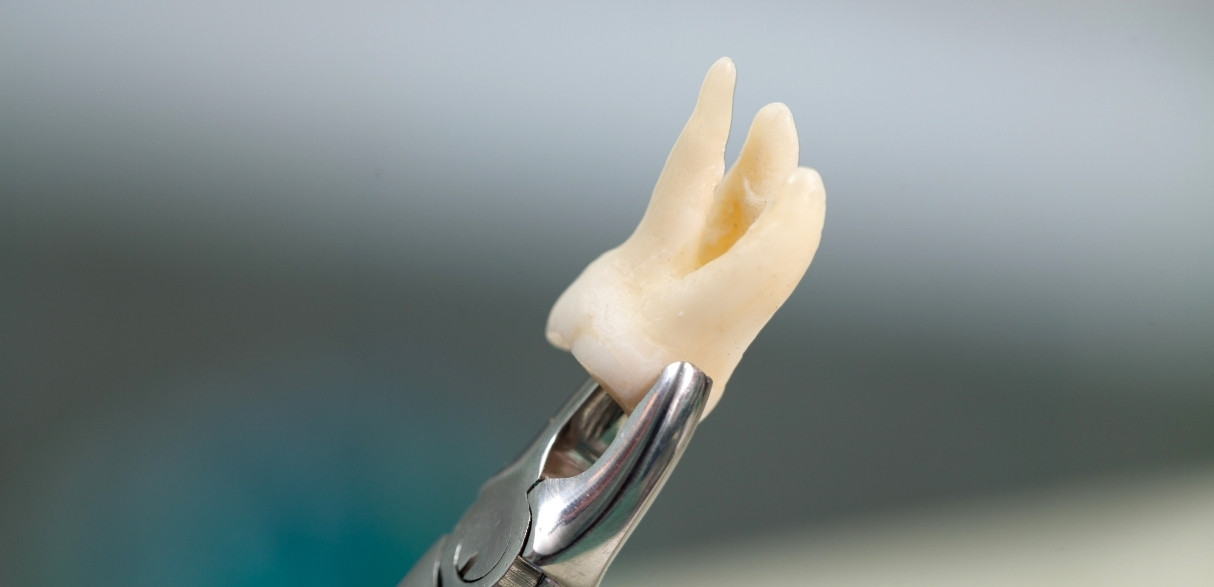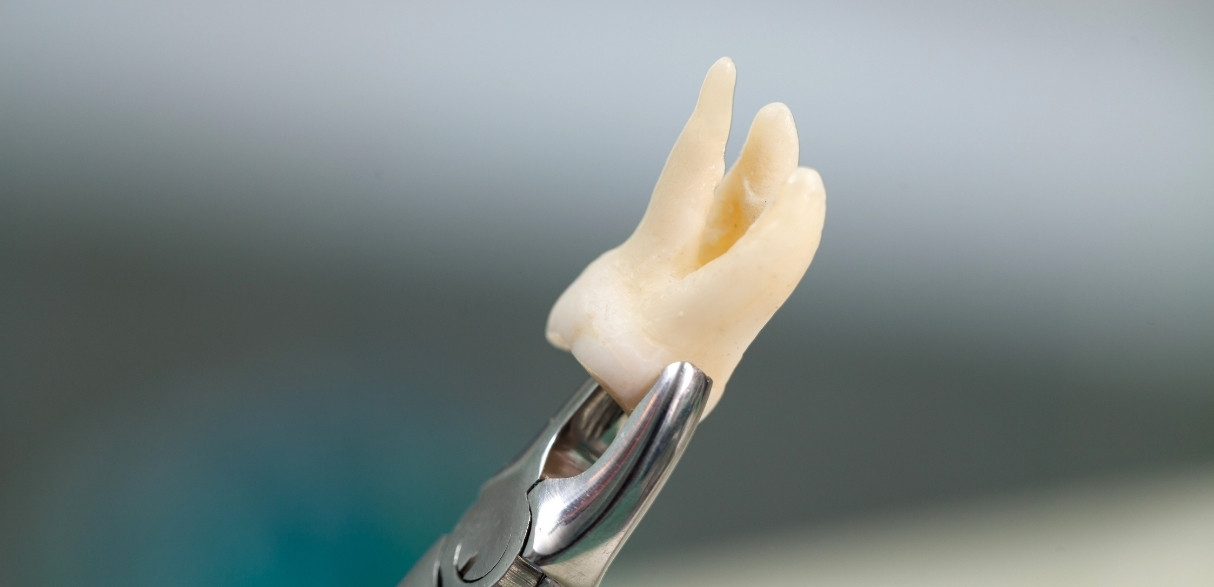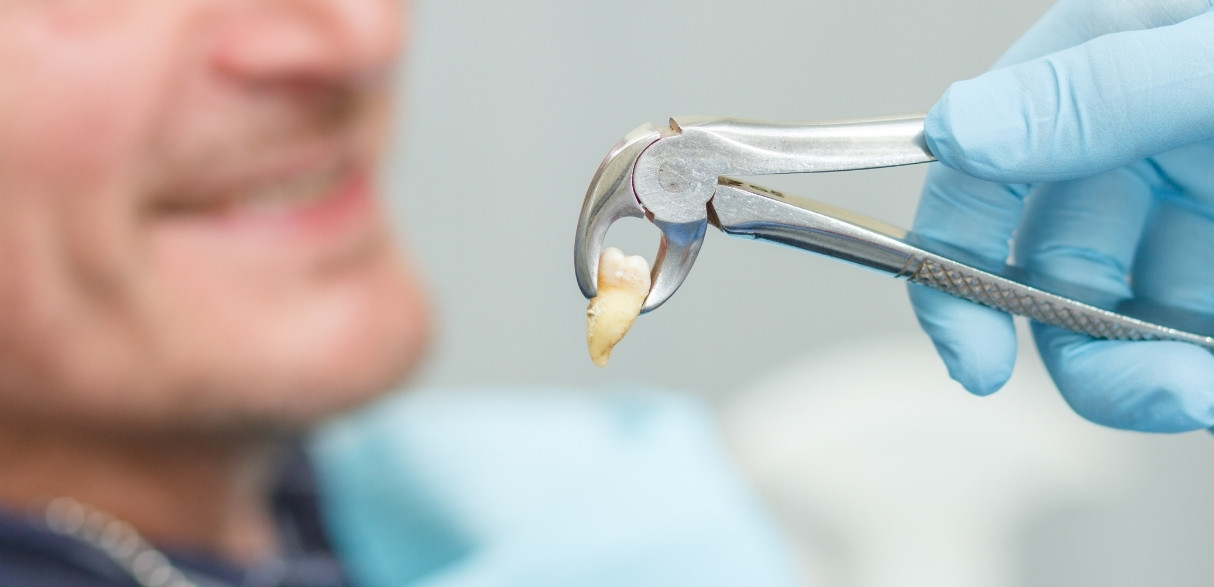

Imagine you’re recovering from wisdom tooth removal, and suddenly, everything tastes different. A common concern after the procedure is whether it will affect your taste. Many people worry about changes to their taste perception, especially if they live in San Jose, where dental care is abundant. Understanding how wisdom tooth removal might impact your sense of taste is crucial. Not only does it help you prepare for the recovery process, but it also ensures you know what to expect.
This blog will explain the connection between wisdom tooth removal and taste, providing valuable insights for San Jose residents. We’ll also offer tips for recovery and finding the right dental professionals in your area.
What Are Wisdom Teeth?
Wisdom teeth are the third set of molars at the back of your mouth. These teeth typically emerge in your late teens or early twenties.
However, wisdom teeth often cause problems due to overcrowding or impaction, as there may not be enough space to grow properly. When they become impacted or infected, wisdom tooth removal becomes necessary. The most common reasons for removal include pain, swelling, infections, and damage to adjacent teeth.
In some cases, if left untreated, wisdom teeth can lead to gum disease or cysts. For many, removing these teeth is a preventive measure to avoid future oral health issues.
The Relationship Between Wisdom Tooth Removal and Taste
Taste is a sensory experience mainly controlled by the tongue. However, other parts of your mouth can also influence your sense of taste, including your gums and teeth. When you undergo wisdom tooth removal, changes in your oral health can alter your taste perception temporarily.
One reason for taste changes is nerve disruption. Wisdom teeth are located near nerves that control sensation and taste in the mouth. When these nerves are affected during the extraction, it may lead to temporary taste disturbances. Inflammation and swelling from the surgery can also contribute to this, as they might interfere with taste bud function. Another factor is the healing process itself. As your mouth recovers, you may notice that your taste buds are not as sensitive.
Scientific studies have shown that taste changes after wisdom tooth removal are not uncommon. These changes are usually temporary, with most patients experiencing a return to normal taste within a few weeks.
However, the severity and duration of taste disruptions can vary based on the complexity of the surgery and individual recovery factors. Some people may experience a metallic or bitter taste, while others might have a reduced sense of taste. Professionals agree that, while this can be concerning, it’s typically a short-term issue that resolves as healing progresses.
Reasons Why Taste Might Be Affected After Removal
- Nerve Disruption
One of the main reasons taste changes after wisdom tooth removal San Jose is nerve disruption. The roots of your wisdom teeth are close to important nerves, including the lingual nerve, which affects taste perception. If the nerve is irritated or damaged during extraction, it can temporarily lose taste in certain areas of the mouth. - Infection or Inflammation
After the procedure, infection or swelling around the surgical site can alter taste sensations. Infection in the extraction site can affect surrounding tissues, which may interfere with the functioning of taste buds. Swelling can also cause the tissues in your mouth to press on areas that control taste perception. - Medications
Post-surgery medications, such as painkillers and antibiotics, may have side effects that impact your taste. Pain medications like ibuprofen can leave a bitter aftertaste, while antibiotics can cause a metallic taste or reduce taste sensitivity altogether. These medications are essential for healing but can temporarily alter your taste experience. - Healing Process
The healing process itself can cause temporary taste changes. As your mouth recovers from the wisdom tooth removal, inflammation and changes in saliva production can affect your taste buds. During the first few days or weeks after the procedure, your taste sensations may not be as sharp as usual.
How Long Does Taste Disruption Last?
Taste disruption after wisdom tooth removal is usually short-lived. Most people experience a temporary change in taste, and the severity typically decreases as healing progresses. The typical recovery timeline ranges from a few days to several weeks.
For most individuals, taste sensitivity returns within the first two weeks. However, continuing to experience taste changes beyond the recovery period may indicate an issue that needs professional attention.
If taste disruption lasts longer than expected or is accompanied by other symptoms, such as severe pain or persistent infection, it’s essential to consult with your dentist or oral surgeon. A prolonged change in taste could suggest nerve damage, infection, or other complications that need treatment. Early intervention can help prevent further issues and ensure a quicker return to normal taste.
How to Manage Taste Changes After Wisdom Tooth Removal?
If you’re experiencing taste changes after wisdom tooth removal, there are several ways to manage the situation:
- Home Remedies
Simple home remedies, like rinsing your mouth with salt water, can help soothe inflammation and reduce taste disturbances. This practice can also promote healing and maintain oral hygiene. - Diet Adjustments
Opt for softer foods that are easier to consume and more enjoyable while your taste is disrupted. Foods like soups, smoothies, and mashed potatoes can help you maintain a balanced diet during recovery. Avoid spicy or overly salty foods, as they irritate your mouth and worsen taste changes. - Oral Hygiene Tips
Keeping your mouth clean is vital for a smooth recovery. Gently brushing your teeth and using a mouthwash free from alcohol can help maintain a healthy oral environment. This also helps prevent infections, which can worsen taste disruptions.
In conclusion, wisdom tooth removal can temporarily affect your sense of taste, but this is usually a short-term issue. Nerve disruption, inflammation, medications, and the healing process are all potential causes of these taste changes. Most people experience a return to normal taste within a few weeks, so there’s no need for concern. If taste changes persist or seem severe, seeking advice from a dentist or oral surgeon is a good idea.
Remember, taking care of your oral hygiene and adjusting your diet can help ease recovery. If you’re in San Jose and need assistance with wisdom tooth removal, consult our local dental professionals to ensure a smooth and comfortable recovery.


